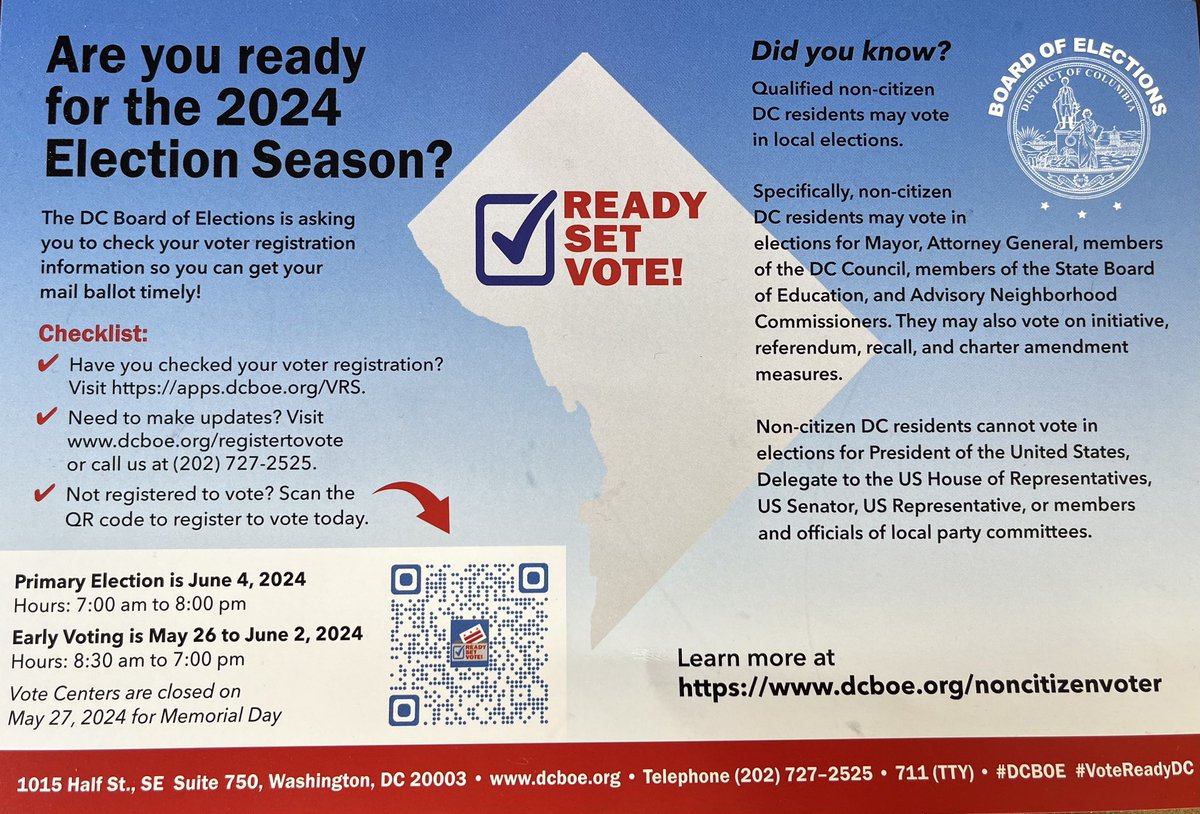Rep. August Pfluger
@RepPfluger
·
618d
The statement and the accompanying conversation engage in public discourse by addressing the issue of noncitizen voting rights in Washington, D.C., and the proposed legislative changes. The tone is assertive and aims to influence public opinion and legislative action.
- The statement aims to influence policy and public opinion on a contentious issue. While it does not directly harm individuals, it could contribute to a polarized environment. [-1]Principle 1:I will strive to do no harm with my words and actions.
- The statement respects the privacy of individuals but uses charged language ('illegal aliens,' 'Chinese and Russian agents') that could be seen as inflammatory and potentially harmful to certain groups. [-2]Principle 2:I will respect the privacy and dignity of others and will not engage in cyberbullying, harassment, or hate speech.
- The statement does not promote understanding, empathy, or compassion. Instead, it uses fear-inducing language that may contribute to division rather than constructive dialogue. [-2]Principle 3:I will use my words and actions to promote understanding, empathy, and compassion.
- The statement does not engage in constructive criticism or dialogue. It uses strong, polarizing language and does not invite discussion or consider opposing viewpoints. [-2]Principle 4:I will engage in constructive criticism and dialogue with those in disagreement and will not engage in personal attacks or ad hominem arguments.
- The statement uses the platform to influence public policy, which can be seen as using influence for societal betterment. However, the approach is divisive and does not foster a collaborative environment. [+1]Principle 6:I will use my influence for the betterment of society.
- The statement upholds the principle of free speech but does so in a manner that could be seen as lacking responsibility and integrity due to its inflammatory language. [-1]Principle 7:I will uphold the principles of free speech and use my platform responsibly and with integrity.
